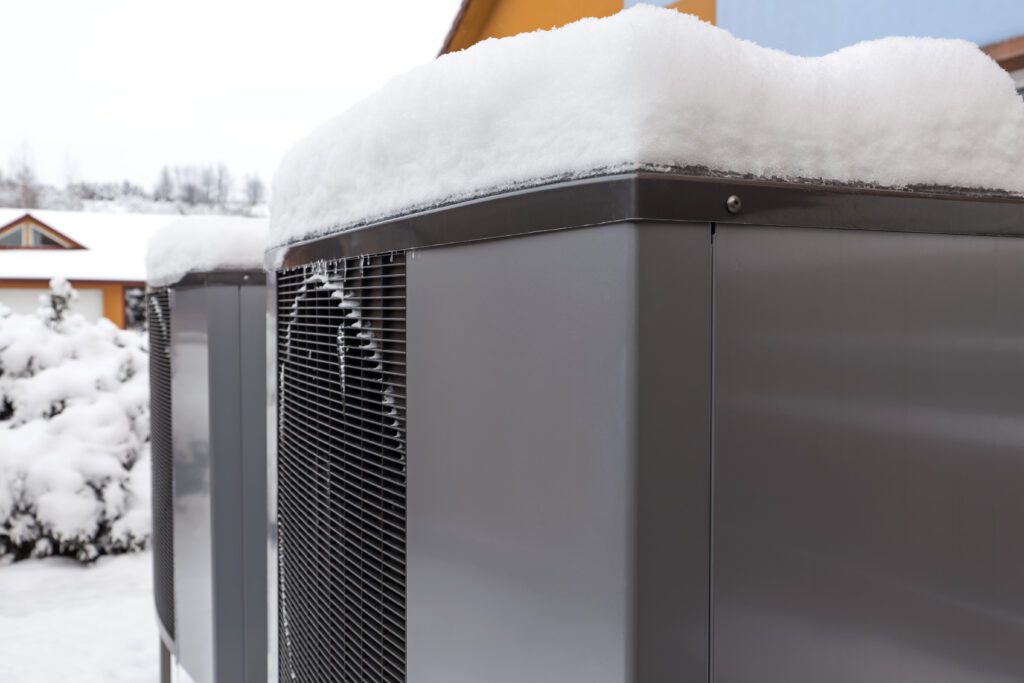As winter approaches and temperatures drop, it’s crucial to prepare your air conditioning (AC) unit for the cold months ahead. Proper winterization helps in prolonging the lifespan of the unit and ensures it operates efficiently when spring arrives. This article offers essential tips on how to protect your AC unit during winter, covering everything from the risks of neglect to the benefits of maintenance, step-by-step guides, common mistakes, and professional help.
Understanding the Importance of Winterizing Your AC Unit
Winterizing your AC unit is not just a task to tick off your seasonal maintenance list; it plays a vital role in ensuring the system’s longevity and operational efficiency. When temperatures plummet, the mechanisms within your AC can suffer from exposure to moisture, ice, and debris. Without the proper care during winter, valuable components can become damaged.
Moreover, leaving your AC unit exposed can lead to costly repairs when you eventually turn it back on in the spring. Therefore, understanding the significance of winterizing is key to avoiding these hassles and maintaining your cooling system’s performance over the years.
The Risks of Neglecting Your AC Unit in Winter
Failing to winterize your AC unit can expose it to various risks. First, there’s the threat of corrosion. Moisture accumulation due to snow or rain can result in rust developing on metal components, leading to diminished efficiency.
Secondly, ice formation can block air intakes and exhaust vents, which may cause the unit to overheat or freeze. This blockage not only affects the operation of your AC but may also create safety hazards. Furthermore, the accumulation of debris—like leaves and twigs—can harbor rodents or pests, leading to potential infestations within your unit.
The Benefits of Proper Winter Maintenance
On the other hand, winter maintenance offers numerous benefits that make it a worthwhile investment. Firstly, regular upkeep can enhance your unit’s lifespan, saving you money in the long run by delaying major repairs or replacements.
Secondly, a well-winterized AC can operate more efficiently. By ensuring that it is free from debris and well-protected, you maximize its performance when warmer seasons arrive. Additionally, you reduce the risk of unexpected breakdowns during peak usage times in summer.
Finally, proper winter maintenance can enhance home comfort. A fully functional AC helps in maintaining indoor air quality, which is crucial when people tend to spend more time indoors during the winter months. This is particularly important for those with allergies or respiratory issues, as a well-maintained system can filter out allergens and pollutants more effectively.
Moreover, winterizing your AC unit can also contribute to energy savings. When your system is clean and in good working order, it doesn’t have to work as hard to cool your home, leading to lower energy bills. This efficiency not only benefits your wallet but also reduces your carbon footprint, making it an environmentally friendly choice. By taking the time to winterize, you are investing in a sustainable future while ensuring your home remains comfortable year-round.
Preparing Your AC Unit for Winter: A Step-by-Step Guide
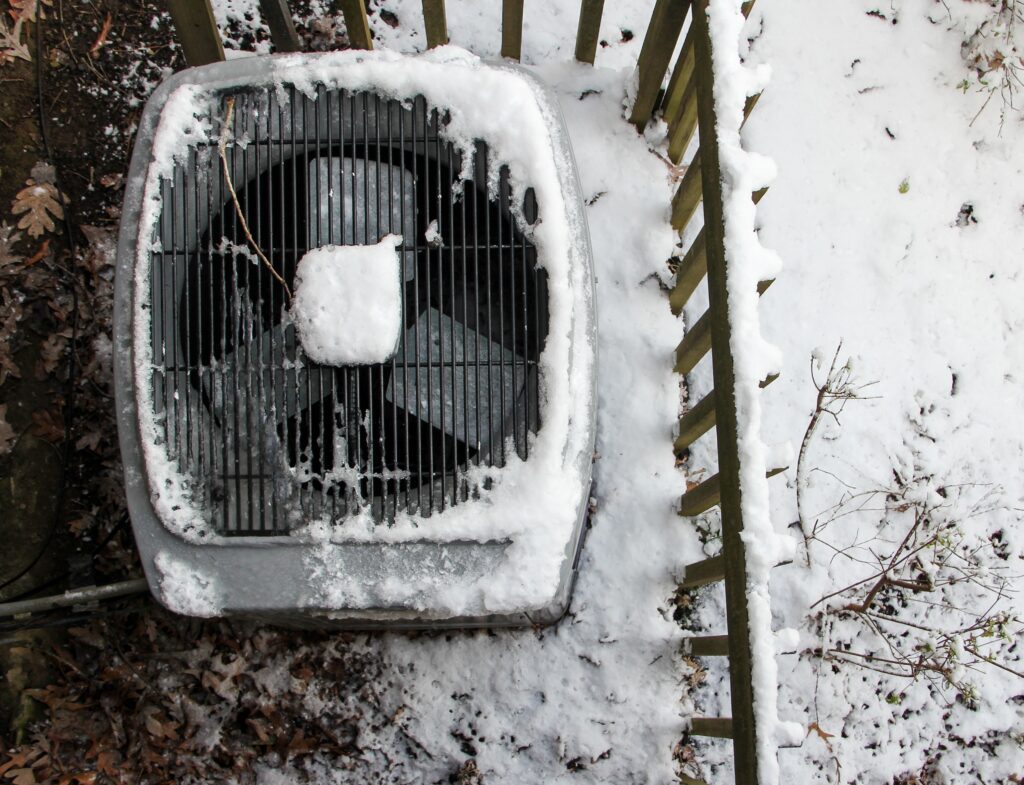
Winter preparation doesn’t need to be overwhelming. By following a straightforward, step-by-step guide, you can ensure your AC unit is ready to withstand the winter. Here’s how to approach it:
Cleaning and Inspecting Your AC Unit
The first step in winterizing your AC is to clean and inspect it thoroughly. Start by turning off the power supply to the unit. Once it’s safe, check for any debris, including leaves, dirt, or sticks, that might have accumulated in or around the unit. A gentle cleaning with a garden hose can help remove most debris accumulated over time.
During the inspection, take the time to look for signs of wear and tear. This includes checking for rust, loose connections, or any visible damage. Identifying these issues early can help you address them before they escalate into larger problems. Pay special attention to the fins and coils; bent fins can restrict airflow and reduce efficiency when the unit is back in operation. If you notice any bent fins, a fin comb can be used to straighten them out, ensuring optimal performance when summer rolls around again.
Covering Your AC Unit
Once the unit is clean and inspected, consider using a cover to protect it from the harsh winter elements. A durable, breathable cover will help shield the unit from snow and ice, while still allowing some ventilation to prevent moisture buildup inside.
When applying the cover, ensure it fits snugly but is not overly tight, as this can trap moisture. Avoid using plastic wraps, as they may cause condensation and harm the unit instead of protecting it. Instead, look for covers specifically designed for AC units, which often come with features like UV protection and wind straps to keep them securely in place during winter storms. Additionally, consider placing a plywood board over the top of the unit to provide extra protection from falling branches or heavy snow accumulation.
Insulating Pipes and Wiring
Next, focus on insulating any pipes and wiring that may be exposed to the cold. Frozen pipes can lead to expensive leaks or total failure of your heating and cooling systems. Use insulation sleeves or pipe foam to wrap up these vulnerable areas.
Additionally, check the wiring for any signs of fraying or damage, as exposed wires can lead to electrical problems. If there’s any doubt about the integrity of the wiring, it’s best to consult a professional. Protecting these elements is essential for maintaining the overall function and safety of your AC unit. Furthermore, consider installing a heat tape on particularly vulnerable pipes; this can provide an extra layer of warmth during the coldest nights. Regularly inspecting these areas throughout the winter can also help you catch any potential issues before they become serious, ensuring your system remains in top shape for when you need it again in the warmer months.
Common Mistakes to Avoid When Winterizing Your AC Unit
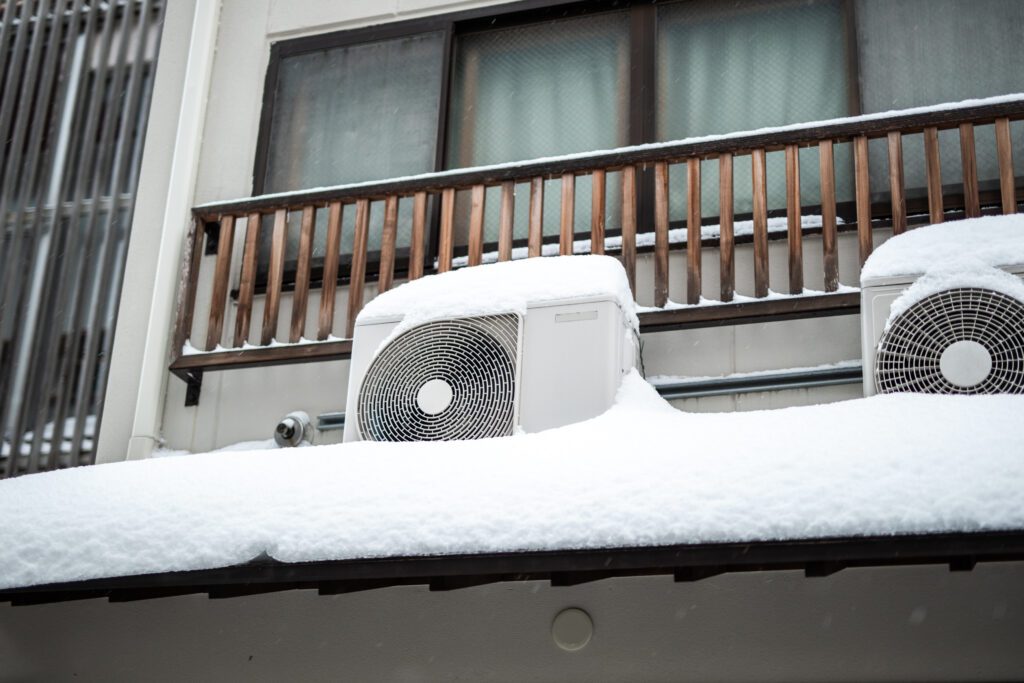
Winterizing your AC is crucial, but there are common mistakes that homeowners often make. Recognizing these errors can help in avoiding future complications.
Ignoring Regular Maintenance
One of the most significant mistakes is neglecting regular maintenance entirely. Ensuring that your AC unit is in prime condition before winter is essential to the long-term effectiveness of your cooling system.
Regular maintenance prevents the buildup of dirt and debris, reduces wear on components, and ensures that your AC unit is functioning at peak efficiency. Don’t wait until winter to perform a thorough check—sum up necessary maintenance practices year-round! This includes changing or cleaning filters, checking refrigerant levels, and inspecting electrical connections. By staying proactive, you can catch potential issues early, saving you time and money in the long run.
Using Incorrect Covers
Using the wrong type of cover can also lead to issues. While it may seem like a good idea to protect your AC unit with anything that fits, using a non-breathable cover can trap moisture, leading to rust and decay.
Always choose a cover designed specifically for your AC model, ensuring that it allows for proper airflow while adequately shielding the unit from external elements. Additionally, consider investing in a cover with UV protection if your unit is exposed to sunlight, as this can help prevent damage from prolonged exposure. Remember, a well-fitted cover not only protects against the elements but also helps maintain the integrity of your unit throughout the winter months.
Neglecting the Surrounding Area
Lastly, failing to maintain the area around your AC unit can pose problems. Snow buildup, heavy vegetation, and ice can obstruct airflow and damage components. Ensure the area surrounding your AC is clear of debris, ice, and snow throughout the winter, allowing for proper ventilation and access if you need to make any repairs.
Moreover, consider trimming back any overgrown shrubs or trees that may encroach on the unit’s space. This not only promotes better airflow but also reduces the risk of branches falling and causing damage during winter storms. Regularly checking the area around your AC unit will help ensure that it remains functional and ready for use when the warmer months return, allowing you to enjoy a cool and comfortable home without unexpected breakdowns.
Professional Help for Winterizing Your AC Unit
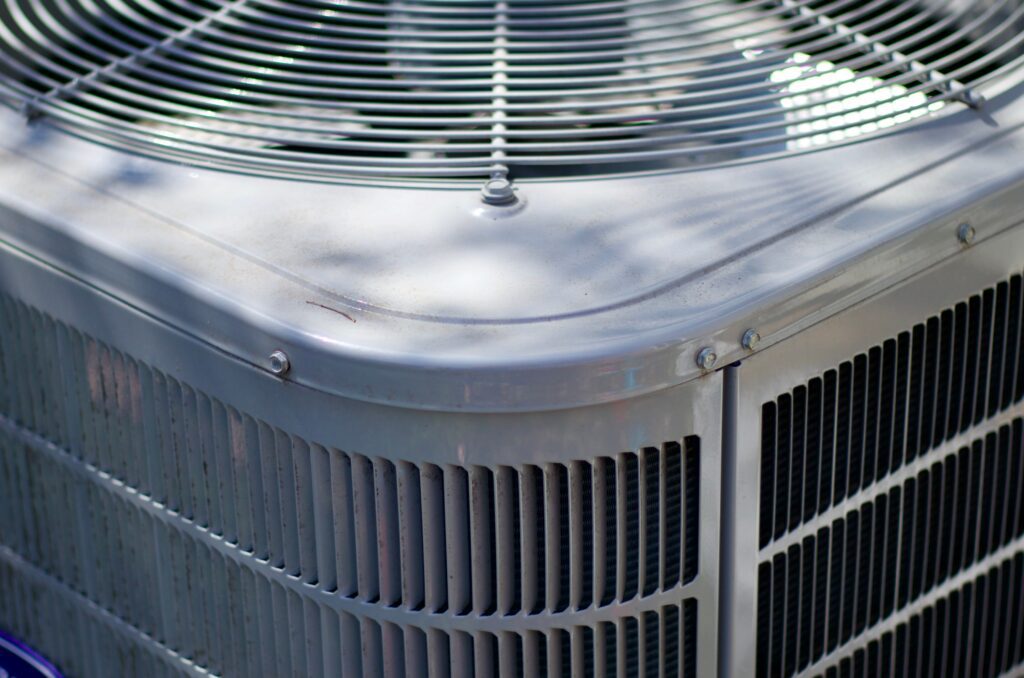
While many homeowners can handle winterizing their AC themselves, there are times when it’s best to call in a professional. Understanding when to seek help is crucial to getting the most out of your winter preparations.
When to Call a Professional
If you notice significant damage during your inspection, or if your unit is older and you’re unsure about its condition, it’s wise to contact a qualified HVAC professional. Additionally, if the insulation of pipes and wiring feels beyond your expertise, a professional can perform this task to avoid any mishaps.
Finally, if you live in an area with extreme winters, using a professional can give you peace of mind, knowing that your unit is adequately prepared to handle the cold.
What to Expect from a Professional Service
When you hire a professional to winterize your AC unit, you can expect a comprehensive check-up of the system. Technicians will typically perform an inspection, noting any wear and tear, and will clean and cover the unit if necessary.
Additionally, professionals often provide offers for routine maintenance contracts to ensure your AC remains in excellent condition year-round. These contracts typically include scheduled service inspections, cleaning, and emergency repairs, providing you with peace of mind and a well-maintained system.
Moreover, a professional service can also offer valuable advice on how to optimize your AC unit’s performance. They might suggest upgrades or modifications that can enhance energy efficiency, potentially saving you money on your utility bills. This can be particularly beneficial if you plan to use your unit for both cooling and heating, as some modern systems are designed to be versatile and energy-efficient, adapting to your home’s needs throughout the year.
Furthermore, many HVAC professionals are equipped with the latest technology and tools to diagnose issues that may not be immediately visible. This means they can identify potential problems before they escalate, which can save you from costly repairs down the line. Their expertise ensures that your AC unit is not only winterized properly but also set up for optimal performance when the warmer months return.
Maintaining Your AC Unit Throughout the Winter
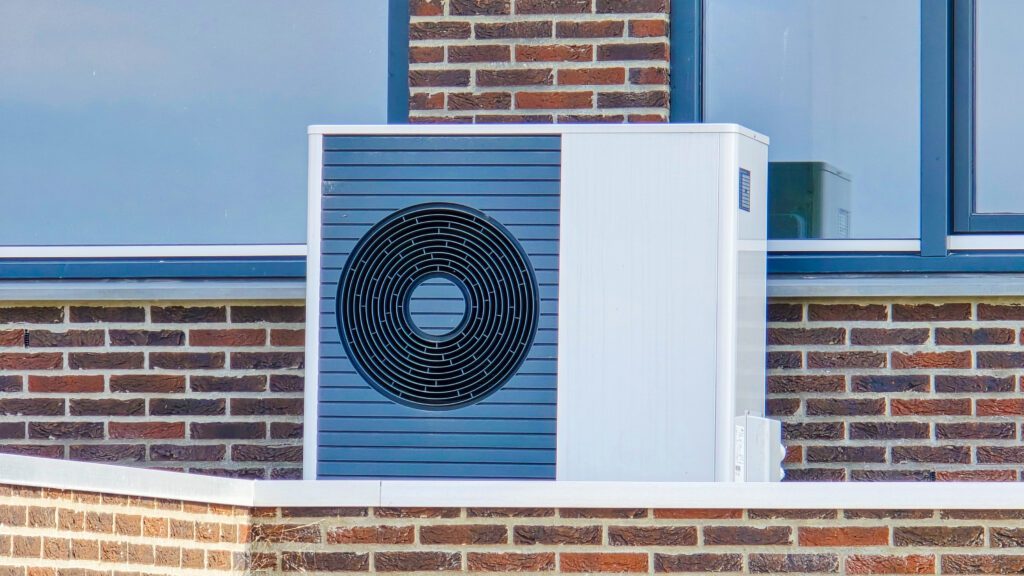
Once you’ve winterized your AC unit, don’t forget about it until spring. Maintaining your unit throughout the winter is equally important. Simple check-ups can help you catch any potential issues before they become major problems.
Regular Check-ups and Maintenance
Even during the cold months, it’s advisable to check your AC unit periodically. Bring out your tools and perform a quick visual inspection, clearing any snow or ice that may have accumulated on or around the unit.
If you utilize an HVAC service, consider setting up seasonal check-ups as part of your regular maintenance plan. These visits will ensure that your unit is not only ready for the warmer months but also can handle the winter chill without failure.
Additionally, it’s a good idea to check the insulation around your ductwork and any exposed pipes. Proper insulation helps prevent heat loss and can significantly improve the efficiency of your heating system, which is especially crucial during the winter months. A well-maintained unit not only saves you money on energy bills but also prolongs the lifespan of your equipment.
Preparing for the Spring Thaw
As winter stretches on, think ahead to when spring returns. Preparing your AC unit for the seasonal thaw includes removing the cover and conducting a thorough inspection once more to ensure everything is in order before turning it back on.
Dirt, debris, and potential moisture issues need to be addressed promptly so your unit can function smoothly when the temperatures climb again. Taking these steps can prevent costly maintenance issues and help your AC system work efficiently all season long.
Moreover, consider checking the electrical connections and ensuring that all components are securely fastened. Loose connections can lead to operational failures or even safety hazards when the unit is powered back on. Additionally, inspect the condensate drain for any blockages that may have occurred during the winter months; a clear drain is essential for preventing water damage and ensuring proper functioning as the weather warms up.

